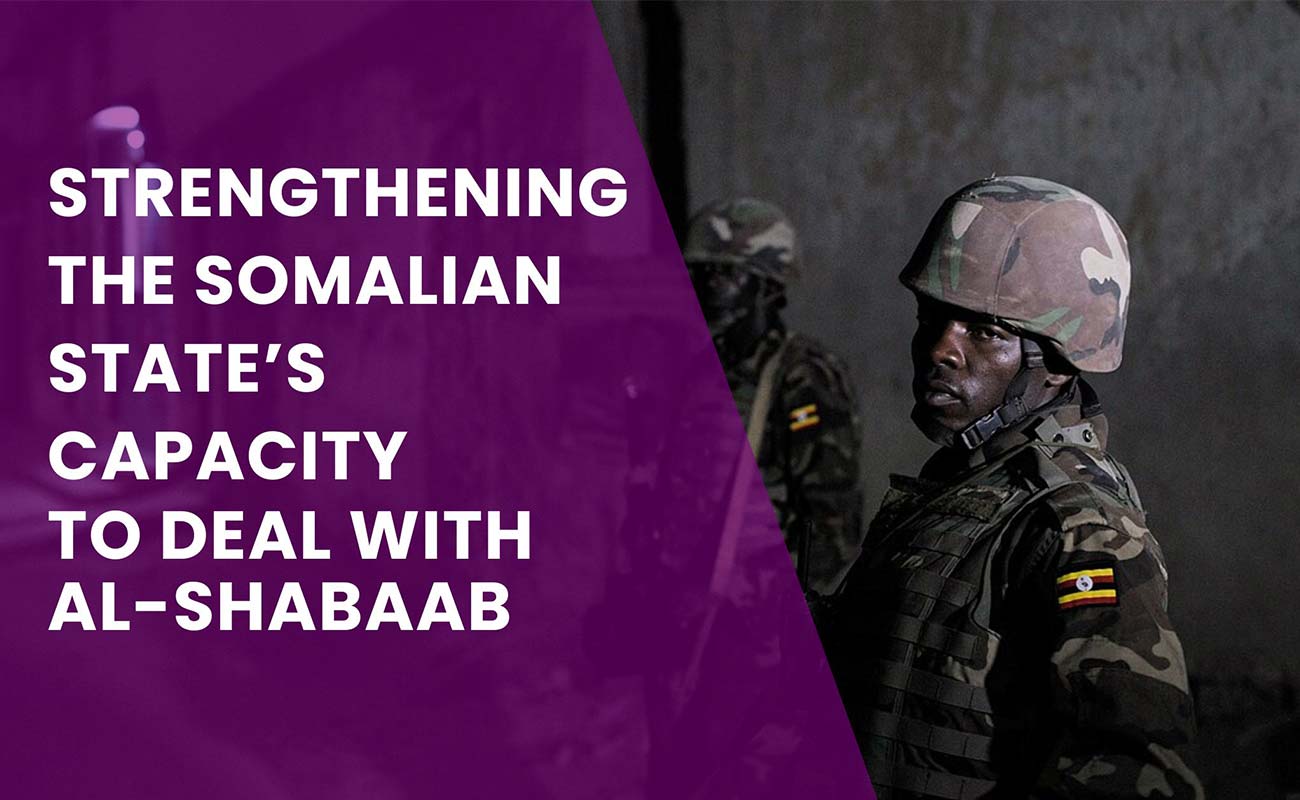
By Lauretta Jimba
Understanding Al-Shabaab
Al-Shabaab, an Islamist militant group, which has been linked to Al Qaeda and pledged allegiance to its leadership, emerged in Somalia in the mid-2000s, with the aim of overthrowing the Somali government, and establishing an Islamic state governed by Sharia law. Since then, Al-Shabaab has carried out numerous high-profile attacks in Somalia, as well as in neighboring countries such as Kenya and Uganda. These attacks have targeted government institutions, security forces, civilian populations, and international interest. One of the deadliest attacks attributed to Al-Shabaab occurred in 2017 when a bomb exploded in Mogadishu, killing over 500 people and injuring hundreds more.
The threat posed by Al-Shabaab is multifaceted and requires a concerted effort to address. Al -Shabaab exploits the weaknesses of the Somali state, including governance gaps, corruption, and limited capacity, to maintain its influence and control over certain areas. Strengthening the capability of the Somali state is crucial to counteracting this exploitation. The group has however demonstrated resilience and adaptability in the face of military pressure and counterterrorism efforts, by showing the ability to regroup, recruit new members, and evolve its tactics in response to changing circumstances.
Given these challenges, bolstering the capability of the Somali state to tackle Al-Shabaab is essential. This includes strengthening security forces through trainings and capacity-building initiatives, enhancing governance and rule of law to prevent the exploitation of governance gaps by extremist groups, and investing in community engagement and counter-radicalization programs to undermine the appeal of extremist ideologies and prevent recruitment.
Somalia’s Response
Despite facing immense challenges, Somalia has implemented various strategies to strengthen its law enforcement and intelligence agencies in the fight against Al-Shabaab. One of Somalia’s primary strategies is enhancing coordination among its various security agencies. This includes the police, military, intelligence services, and paramilitary forces. By improving communication and collaboration between these entities, Somalia aims to streamline its counterterrorism efforts and respond more effectively to Al-Shabaab’s activities.
In addition to human capital development, Somalia has allocated resources to procure advanced technology and equipment for its security forces. This includes surveillance drones, communication systems, forensic tools, and specialized vehicles. These technological advancements bolster Somalia’s capabilities in intelligence gathering, surveillance, and rapid response, enabling more precise and effective counterterrorism operations.
Somalia has also strengthened its legal framework to provide its security agencies with the necessary authority and tools to combat terrorism effectively. This includes enacting legislation to facilitate intelligence sharing, streamline prosecution procedures for terrorism-related offenses, and enhance penalties for terrorist activities.
Weaknesses and Challenges
Somalia faces governance challenges, including corruption, weak institutions, and Political instability, which undermine efforts to address the root causes of extremism and strengthen state institutions to effectively counter Al-Shabaab. Therefore, there is a need for governance reforms, institution-building, and anti-corruption measures which is essential to improve governance effectiveness, enhance rule of law, and address underlying grievances that fuel extremism.
The Somali government and security forces have limited capacity and resources to address the multifaceted threat posed by Al-Shabaab comprehensively. Somalia requires assistance in building the capacity of its security forces, including training, equipment provision, and institutional strengthening, to effectively combat Al-Shabaab and maintain security and stability.
High levels of poverty, unemployment, and marginalization also contribute to the vulnerability of populations to recruitment and radicalization by extremist groups like Al-Shabaab. Addressing socioeconomic disparities and promoting inclusive development are crucial aspects of countering violent extremism
To address the threat posed by Al-Shabaab and strengthen law enforcement and agencies in Somalia, it is necessary to strengthen border security measures to prevent the infiltration of terrorists and illicit goods across borders. This may involve enhancing or improving surveillance, deploying technology such as biometric systems, and improving cooperation with neighboring countries to secure shared borders.
It is also important to strengthen cooperation with international partners, including regional organizations, neighboring countries, and international law enforcement agencies, to share best practices, intelligence, and resources in combating terrorism and addressing the transnational nature of the threat posed by groups like Al-Shabaab. There is also a need to enact and enforce comprehensive counterterrorism legislation that provides legal frameworks for prosecuting terrorism-related offenses, disrupting terrorist financing, and addressing the recruitment and radicalization of individuals by extremist groups.
